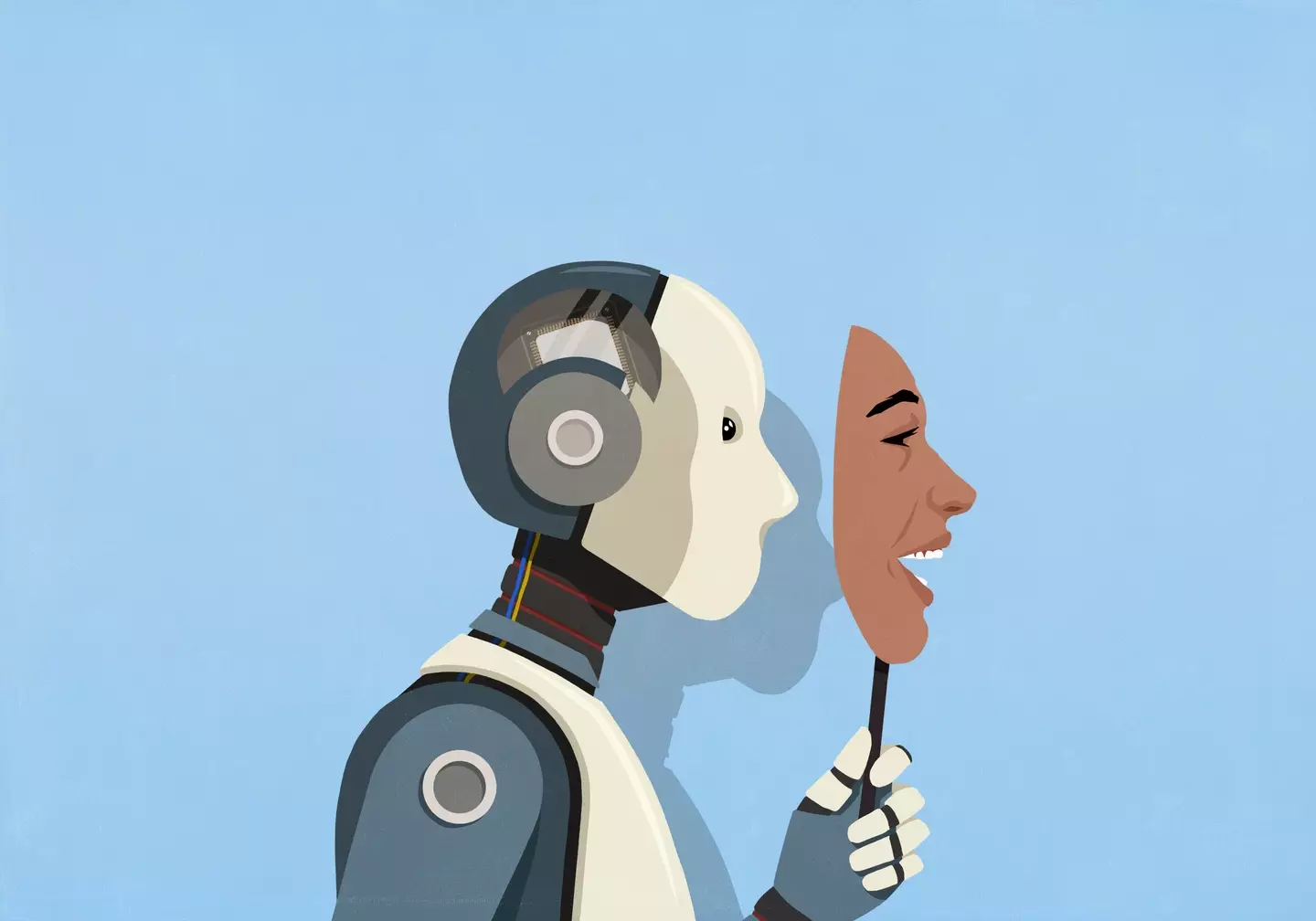California has introduced new laws regulating AI-generated actors after the virtual character Tilly Norwood sparked major controversy in Hollywood. Though her Instagram profile portrays her as an emerging actress, Tilly is entirely AI-created by Particle6 Group and does not exist in reality. The digital actress even claims to have done screen tests and features in AI-generated comedy sketches, leading to questions about her place in the entertainment industry.

The backlash was swift and intense. Prominent actors including Emily Blunt and Whoopi Goldberg joined unions like SAG-AFTRA in condemning this use of AI. Critics argue Tilly Norwood represents a woman who doesn’t age or say no—a troubling symbol amid ongoing debates over AI’s role in media. SAG-AFTRA emphasized that Tilly is not a human actor but a computer-generated creation trained on performances of real actors without their permission or compensation.
California’s Assembly Bills 2602 and 1836 focus on protecting performers from unauthorized AI replicas of their voice or likeness, both during their lifetime and after death. These laws aim to clamp down on ambiguous contracts that allow studios to use digital replicas without clear consent or legal representation for the actors.

While fictional AI characters like Tilly who are not based on specific people are not banned, the new legislation sends a clear message: real actors should have control and protection over their identity and work in an increasingly digital industry.


